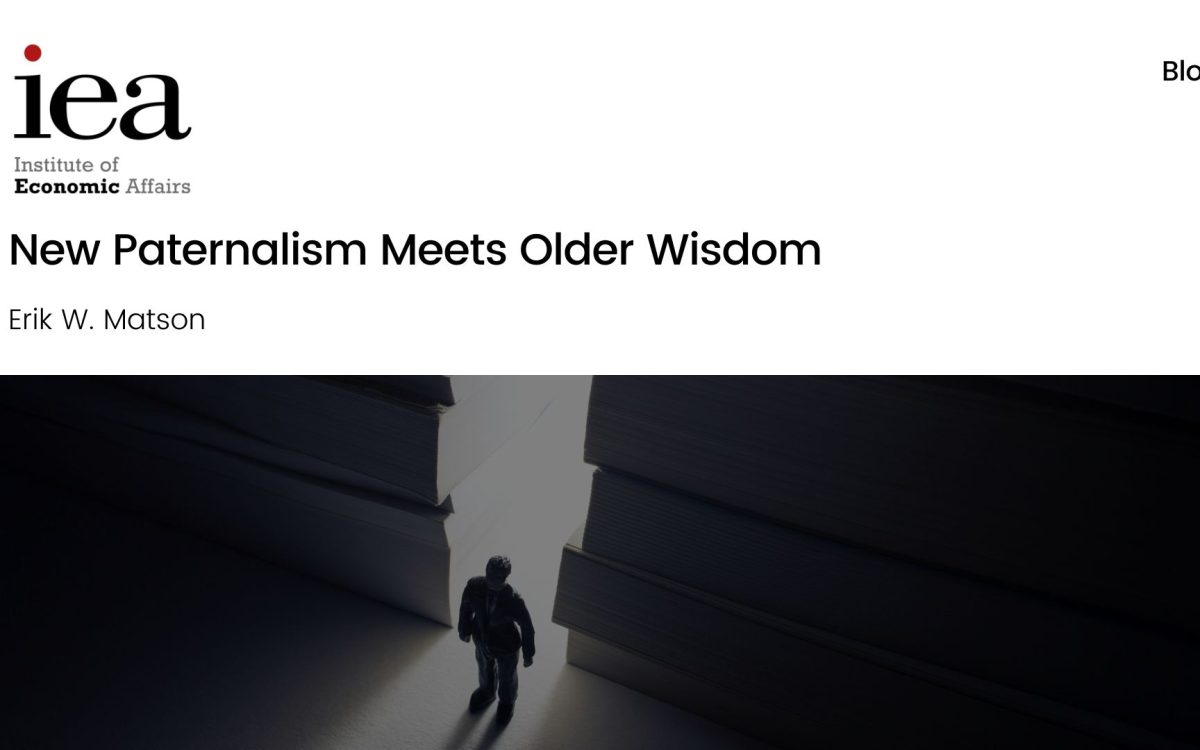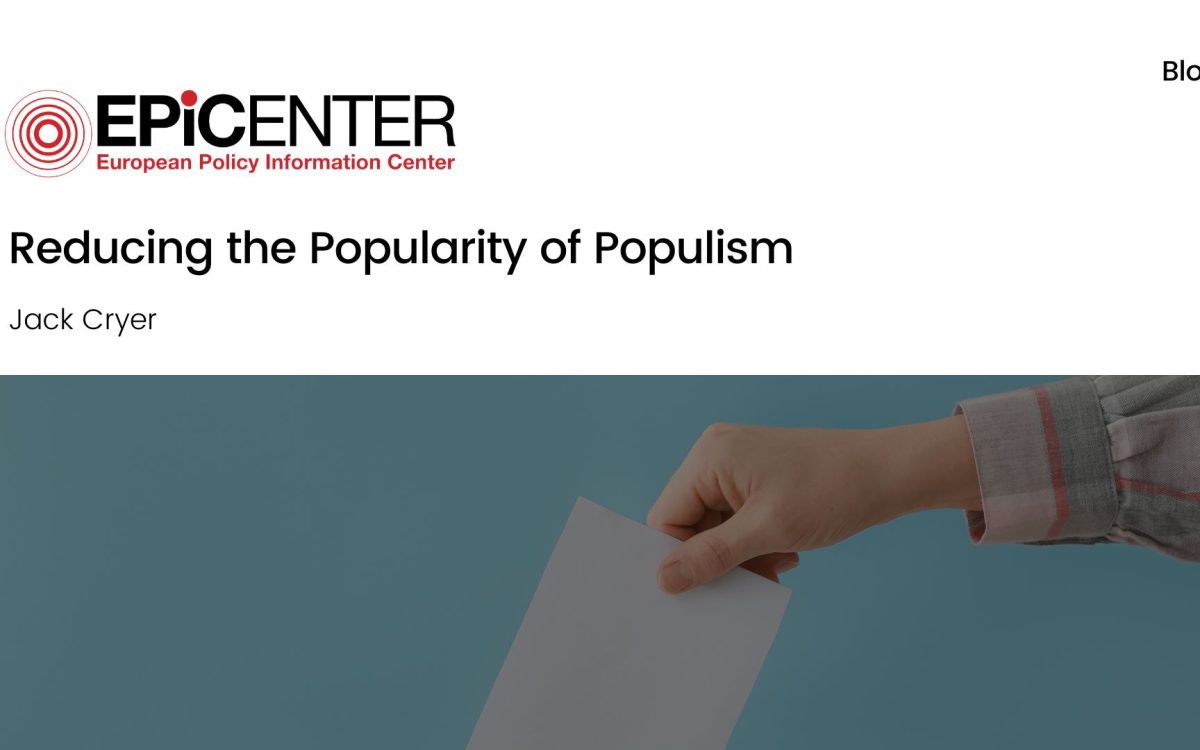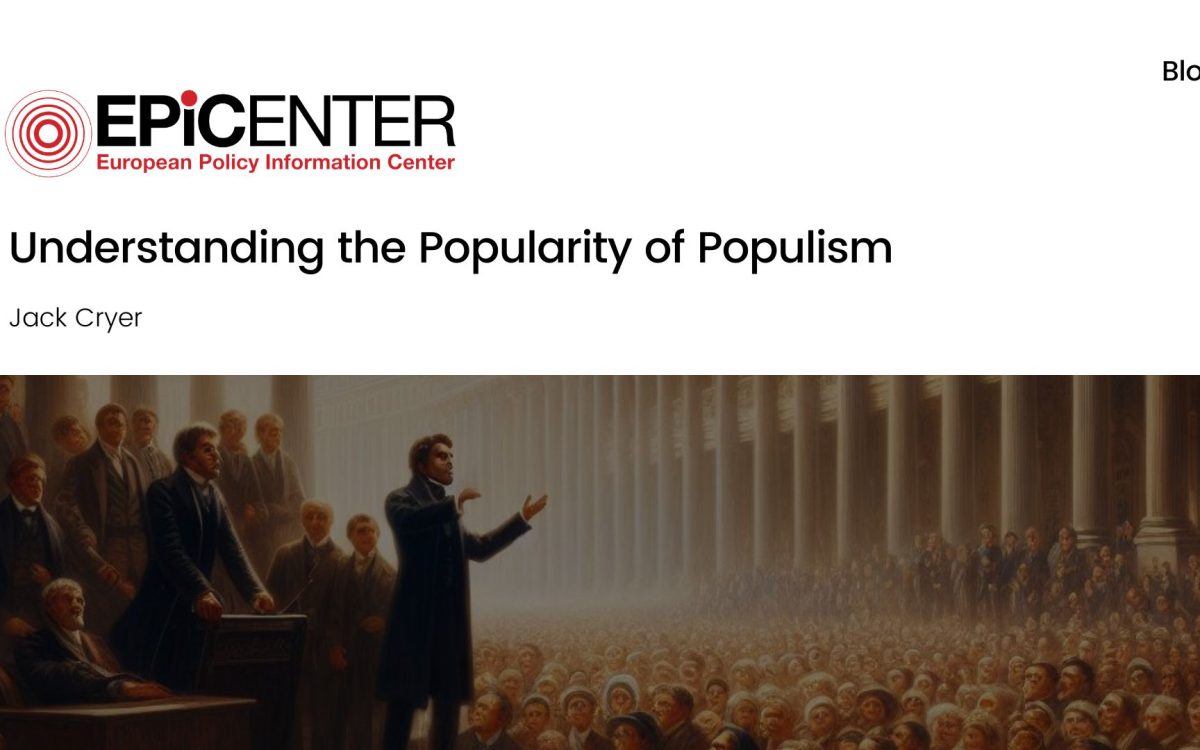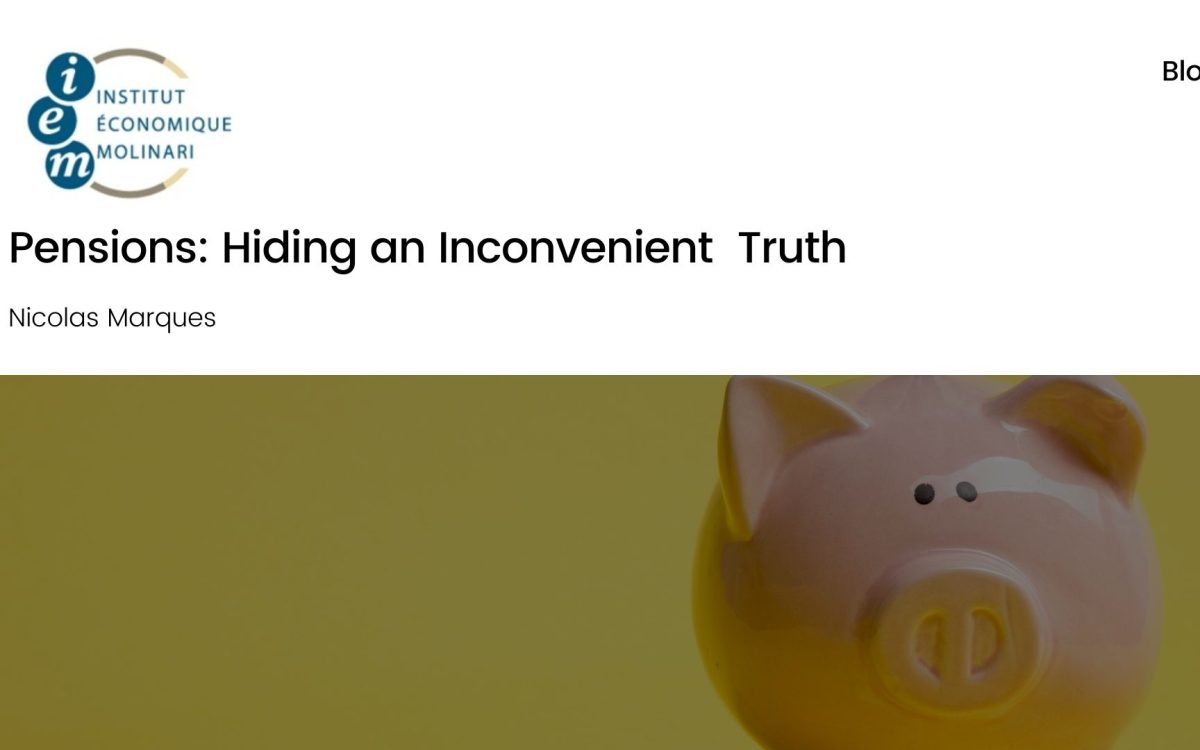Afghanistan is Exposing the Weaknesses of the EU’s Security Policy
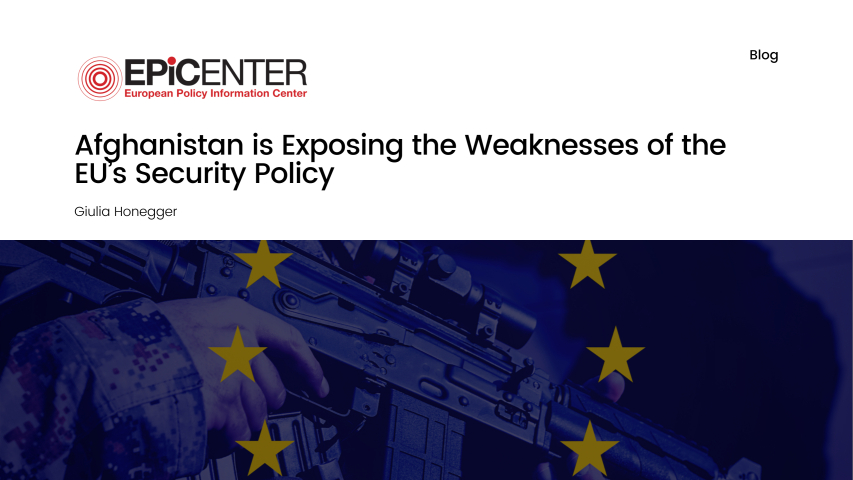
Afghanistan is Exposing the Weaknesses of the EU’s Security Policy
Giulia Honegger // 17 August 2021
The military withdrawal from Afghanistan has enabled the Taliban to gain full control of the country, which severely threatens civil rights. The rights of women are particularly in danger, as they are denied access to education and work, and risk facing stoning in case of adultery.
However, the withdrawal of Western forces is not entirely a US affair, as European troops have also been pulled out of the region. The departure of European troops highlights weaknesses in the EU’s Common Security and Defence Policy (CSDP), which suffers from being under resourced and barely being deployed for missions. Besides demonstrating EU dependency on the US for defence, it also shows how the EU’s recent efforts to develop a stronger defence policy has mostly been unsuccessful. The EU will be further troubled by an inflow of Afghan refugees, which will continue to increase under Taliban rule. It is therefore more vital than ever for the EU to turn its security and defence domain into a supranational one to allow for better coordination. Most importantly, the EU should unite its defence market and create a joint EU army, which would bring significant efficiency gains and allow the EU to act as a hard power.
The EU has always been dependent on the US for hard power, by relying on American military forces, equipment and intelligence. The dangers of this became especially apparent during the Trump presidency, which saw the US take a more isolationist turn by threatening to abandon NATO if European members are not willing to increase their spending. Afghanistan highlights this reliance once again.
Removing troops has enabled the Taliban to gain full control of the country. The EU’s special envoy for Afghanistan has pledged that the EU intends to “stay in Afghanistan” and continue providing aid, through the Afghanistan Peace Support Mechanism 2, which aims to support the Afghan peace process. However, it seems unlikely that such soft power proposals will have a real impact on Taliban intentions.
Human Rights Groups such as Amnesty International and Human Rights Watch have already urged the EU to stop forced returns of Afghan refugees, reflecting the urgent security risk in the country. The number of Afghan refugees in the EU already grew by 85% from 2018 to 2019 and is likely to increase further. Keeping a stable situation is therefore very much in the EU’s interests to prevent a huge inflow of refugees, which could otherwise have similar destabilising effects as the 2015 migrant crisis. However, without a military presence to exert pressure on the ground in Afghanistan, the EU seems unlikely to have any real influence. Instead, the EU follows decisions made by the US, even when these decisions could have largely damaging effects on the EU.
Since 2016, the EU has attempted to address the shortfalls of CSDP, as outlined in the Global Strategy. It specifically focuses on achieving strategic autonomy, with the goal of turning the EU into a hard power. Its aim is to unite security forces to coordinate a joint EU response more easily. However, these attempts to reform seem to have been largely unsuccessful, with several problems remaining.
Firstly, the EU has a fragmented defence market. In 2019, the EU spent 186 billion euros on defence. However, an estimated 26,4 billion euros are wasted annually due to the fragmented nature of the EU defence market, which leads to duplication and overcapacity. Significant efficiency gains could therefore be made through pooling national defence resources into a joint EU one, which is estimated to cut costs by 30%, enabling the EU to invest more in Research and Development.
Another large hindrance is the intergovernmental approach used in its CSDP, which requires unanimity for making decisions, often resulting in long delays due to disagreements between member states. Instead, the EU should aim to make the security domain a supranational one. As the EU has already turned itself into an economic and political union, it should now focus on achieving a defence union, especially through creating an EU army. A joint army would turn the EU into more of a hard power, which would have allowed it to deploy troops in Afghanistan, even without US support. This would have applied more pressure on the Taliban, which could have perhaps led to a different outcome than the current one.
The current situation in Afghanistan once again exposes the risks of the EU continuing to rely on the US for defence, as the situation holds very serious consequences for the EU. Soft power alone is clearly not sufficient in influencing the Taliban. The EU should therefore step up its efforts to unite its security policy, especially through turning its intergovernmental approach to a supranational one. An EU army would lead to efficiency gains and help the EU become a global player, which would give it more ability to stabilise the situation in Afghanistan.
EPICENTER publications and contributions from our member think tanks are designed to promote the discussion of economic issues and the role of markets in solving economic and social problems. As with all EPICENTER publications, the views expressed here are those of the author and not EPICENTER or its member think tanks (which have no corporate view).
